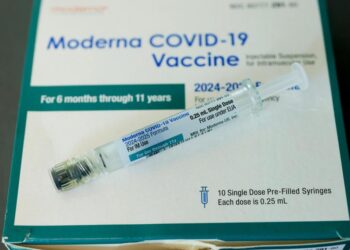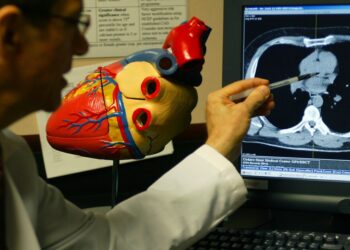It’s that time of year when your body produces less vitamin D.
Sunshine is the main source of vitamin D, and we need it to keep our bones and muscles strong. Many people take supplements to meet the shortfall, but they’re not a magic bullet of protection.
Vitamin D and calcium supplements offer no “net benefit” for the prevention of falls or fractures in older adults, according to a draft recommendation from the U.S. Preventive Services Task Force, a panel of experts who reviewed all of the existing scientific evidence on the supplements.
“This doesn’t mean that vitamin D and calcium are not useful overall for bone health and for other functions within the body,” says Dr. Goutham Rao, a task force member who is also the chair of the Department of Family Medicine at Case Western Reserve University.
Vitamin D helps your body absorb calcium, keeping bones and muscles strong. It also plays a role in supporting your immune system. Lack of sun exposure during winter months can increase the risk of a deficiency.
The National Academy of Medicine recommends that adults get 600 to 800 international units (IU) of vitamin D per day, depending on your age.
Prevalence studies suggest up to 40% of adults in the U.S. have insufficient levels of vitamin D in their blood. In the absence of sun exposure, fortified foods such as milk and yogurt can help meet daily recommendations. And more than 1 in 3 adults ages 60 and older take a vitamin D supplement.
“But in terms of their effectiveness in preventing fractures or falls, we did not find any evidence to support that,” Rao says. The draft USPSTF recommendation is similar to the task force’s previous…
Read the full article here







